Murkomen Vows to Crush Gangs in Michuki-Style Crackdown

Interior Cabinet Secretary Kipchumba Murkomen has vowed to dismantle criminal networks, drawing comparisons to the tough policies once championed by the late John Michuki.
Murkomen has placed particular focus on dismantling criminal gangs that he claims have infiltrated key sectors of the economy, including public transport and construction—especially in areas such as Murang’a County. He has issued a clear warning to law enforcement officials, saying that failure to eliminate these networks will result in disciplinary action.
The Cabinet Secretary also criticises traffic police officers, accusing them of widespread bribery at roadblocks. According to Murkomen, such corruption is eroding public confidence in state institutions and undermines efforts to maintain law and order. These developments come at a politically sensitive time.
Former Deputy President Rigathi Gachagua is expected to return from the United States, and the Democracy for Citizens’ Party (DCP), led by Cleophas Malala, is planning a large public rally to welcome him. Malala has insisted that the party is only required to notify authorities of the gathering, not seek permission, a position grounded in Kenya’s Constitution.
He has encouraged supporters to turn out in large numbers, portraying the rally as a significant show of political strength. The government, however, is taking a firm stance. While affirming the right to peaceful protest, Murkomen has warned that any demonstration that turns violent or disrupts public order will be dealt with decisively.
He references past protests that resulted in damage to property and attacks on public institutions, which the government controversially classified as acts of terrorism. This interpretation, based on provisions in the Terrorism Act, has drawn sharp criticism from civil society groups and legal experts, who argue it suppresses legitimate political expression.
Murkomen has defended the classification, arguing that protestors who attack police stations, courts, and private businesses pose threats comparable to those of extremist organisations.

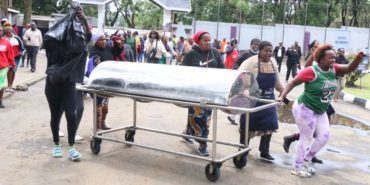
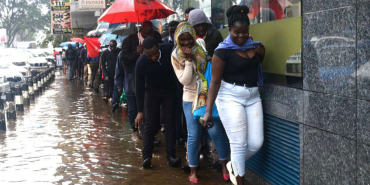

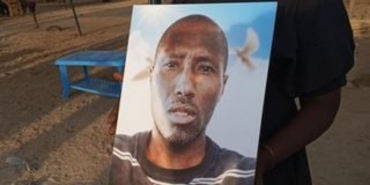
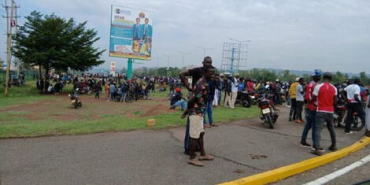


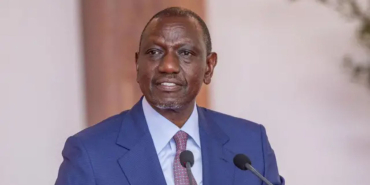

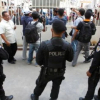



Add new comment